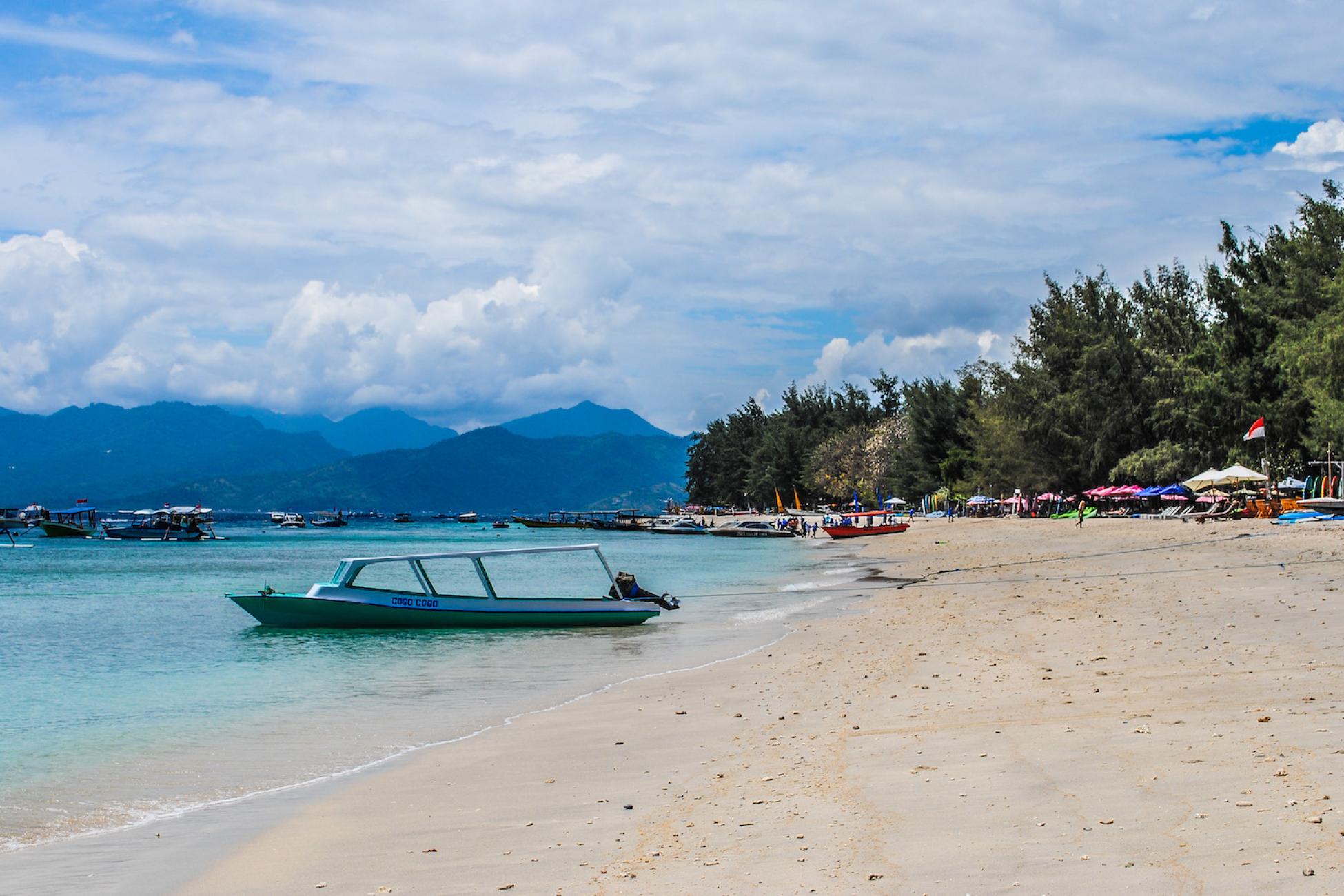I've been a digital nomad for four months, and let me tell you: finding accommodation can be more difficult than it sounds. When I first arrived in Bali, I was actually scammed three times in one day.
I had booked accommodation months in advance. But on arrival, I discover it was actually a construction site, leaving me homeless on my first night on the other side of the world! After spending hours trying to find another room on Airbnb, I resorted to going to a cafe and asking some local people for help.
Here's what I've learned in my housing searches in Bali, to ensure the same thing doesn't happen to you.
1. Booking.com trumps Airbnb
Although Airbnb has its benefits and in many countries is a wonderful option, in Asia it's known as one of the biggest ways to fall prey to scams.
That's why I always use reputable websites that vet accommodation to find rooms. I've personally had the best luck with Booking.com. Due to the strict conditions that accommodations have to meet to be listed on the site, finding an apartment or room here is easy and trustworthy. It has many filters to choose from, as well as good customer service in case something goes wrong.
2. Consider co-living for its built-in community
Co-living is kind of like a dorm rooms for digital nomads. Often located within or near co-working spaces, these residential units are typically fully furnished. Residents get their own private bedroom, but share common spaces, much like they would in a houseshare. It can sometimes be an expensive option, but it's well worth the benefits—namely that you'll meet like-minded people while living in a sociable environment.
Places such as Dojo, Outpost and Mantra are reputable options in Bali, where coliving is a very popular option. Coliving.com can also be a good option to find rooms in shared accommodations.
3. Homestays and hostels are another great option
Even though I work full-time (and like to sleep a lot)m I have found rooms in hostels and homestays to be just as nice but less costly. Like co-living, they also had the added bonus of making it easy to meet people. Websites such as Hostelworld.com allow you to compare rooms within cities easily.
4. Try Facebook groups to find housing
This is another good option, particularly if you're looking for something longer-term. In some countries (Thailand, for one), this is a popular method to good, suitable accommodation. However, always make sure you see the place before you pay anything!
Overall, finding accommodation can be time-consuming and stressful. But if you plan ahead and always have a back-up plan, you should have no trouble finding a place to lay your head down at night.
Add this article to your reading list




